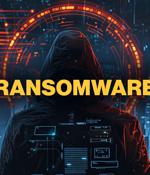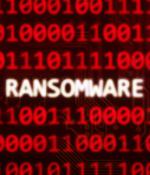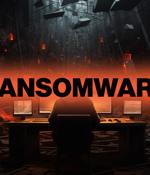Security News

Researchers find many similarities, and nasty new customizations such as embedded compromised user credentials The Cicada3301 ransomware, which has claimed at least 20 victims since it was spotted...

Ransomware remains a concerning cybersecurity threat, with attacks becoming more frequent, severe, and costly. Recent reports highlight alarming trends, including increased attacks on critical...

A number of similarities between Cicada3301 and ALPHV/BlackCat indicates that it could represent a rebrand or offshoot group.

Cybersecurity researchers have unpacked the inner workings of a new ransomware variant called Cicada3301 that shares similarities with the now-defunct BlackCat (aka ALPHV) operation. "It appears...

In this Help Net Security interview, Tim West, Director of Threat Intelligence and Outreach at WithSecure, discusses Ransomware-as-a-Service (RaaS) with a focus on how these cybercriminal...

Threat actors linked to the RansomHub ransomware group encrypted and exfiltrated data from at least 210 victims since its inception in February 2024, the U.S. government said. The victims span...

During the second quarter, new ransomware groups, including PLAY, Medusa, RansomHub, INC Ransom, BlackSuit, and some additional lesser-known factions, led a series of attacks that eclipsed the...

A new ransomware-as-a-service (RaaS) operation named Cicada3301 has already listed 19 victims on its extortion portal, as it quickly attacked companies worldwide. [...]

A new ransomware-as-a-service (RaaS) operation named Cicada3301 has already listed 19 victims on its extortion portal, as it quickly attacked companies worldwide. [...]

The City of Columbus, Ohio, has filed a lawsuit against security researcher David Leroy Ross, aka Connor Goodwolf, accusing him of illegally downloading and disseminating data stolen from the...